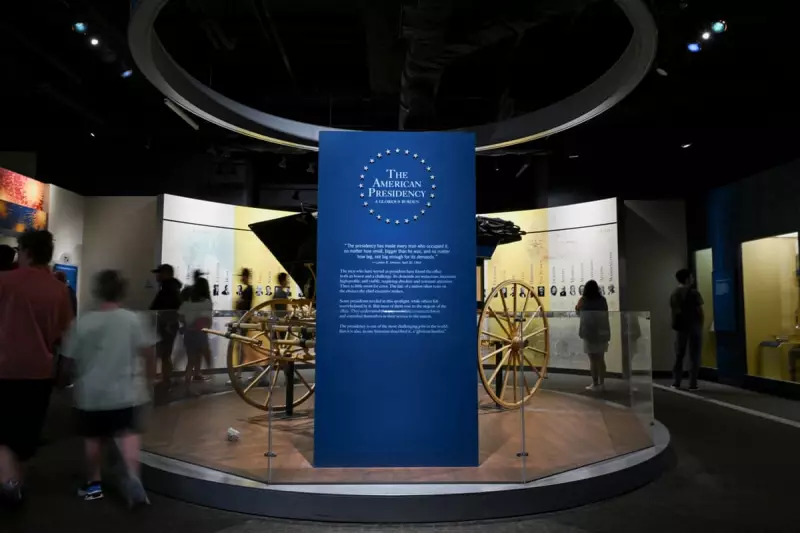
In a move that has sent shockwaves through the academic and cultural worlds, the newly inaugurated Trump administration has initiated a comprehensive, government-mandated review of the Smithsonian Institution's vast museum network.
The 'Patriotic Correctness' Mandate
The controversial directive, issued this week, calls for an immediate audit of all exhibits, displays, and educational materials. The stated aim is to purge content considered "anti-American," "divisive," or promoting so-called "woke" ideologies. This represents a significant escalation in the ongoing culture wars, directly targeting the nation's premier guardian of historical and scientific heritage.
What's Under the Microscope?
The review panel, appointed by the administration, is set to scrutinise key installations, including:
- The National Museum of African American History and Culture: Exhibits on slavery and civil rights are expected to face intense scrutiny.
- The National Museum of the American Indian: Displays detailing the impact of colonisation are likely to be challenged.
- The National Air and Space Museum: Contextual information around the Enola Gay and the atomic bomb may be revised.
- Permanent Collections: Wall texts, catalogues, and digital archives are all part of the wide-ranging audit.
A Chilling Effect on Curatorial Freedom
Museum directors and curators have expressed profound alarm, speaking of a "chilling effect" on their work. Many fear that the threat of political interference will lead to self-censorship, undermining the Smithsonian's mission to provide a rigorous and unvarnished account of American history.
"This is not a review; it's an ideological purge," one senior curator, who wished to remain anonymous for fear of reprisals, told us. "It dictates that history must be comfortable and flattering, rather than truthful and complex."
Political Repercussions and Legal Challenges
The move has been met with fierce opposition from prominent historians, educators, and Democratic lawmakers, who are already exploring potential legal avenues to block the initiative. They argue it violates the Smithsonian's charter, which was established to operate independently from political influence.
This bold intervention raises critical questions about the role of museums in a democracy and sets the stage for a bitter national battle over who controls the narrative of America's past.





